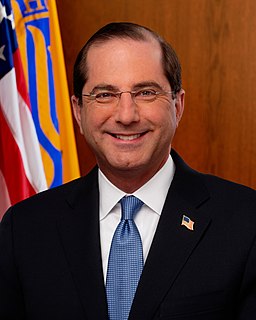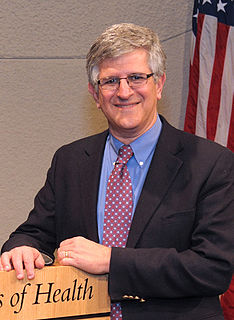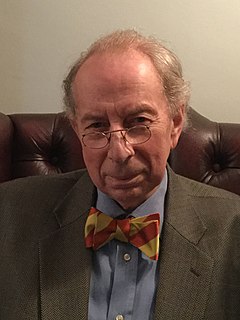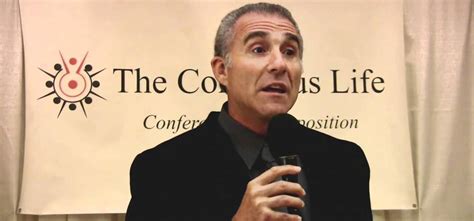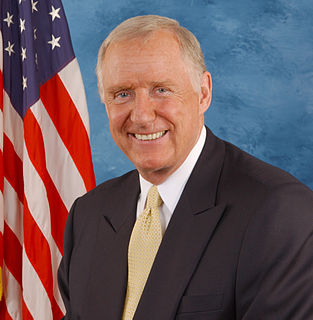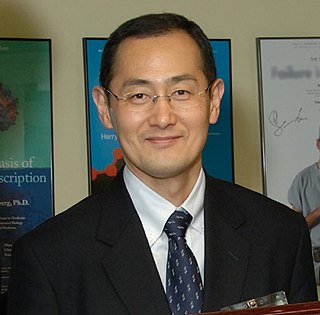Top 140 Vaccines Quotes & Sayings
Explore popular Vaccines quotes.
Last updated on April 13, 2025.
Thimerosal is commonly used as an antiseptic/preservative in vaccines in the range of 1:10,000 to 1:20,000. Welsh's and Hunter's 1940 findings, applied to current thimerosal use in vaccines, lead to the conclusion that thimerosal completely inhibits phagocytosis in blood, one of the body's most vital immune defenses!
We're still missing about a dozen vaccines that will make a huge difference. For adults, we've got HIV and TB are still huge; for kids malaria is still killing a half million kids a year out of that 6 million. We probably need some vaccines, but we need a little more data to make sure we're getting the vaccines that will save the most lives.
If you Google some sites about the link between vaccines and autism, you can very quickly find that Google is repeating back to you your view about whether that link exists and not what scientists know, which is that there isn't a link between vaccines and autism. It's a feedback loop that's invisible.
The main problem, certainly, for the people who will not get vaccinated with Thimerosal, which was put into polio vaccine. And the belief was that it may cause autism. And there's been an awful lot done in terms of studies in Western Europe, Canada, the United States, and no correlation was found between Thimerosal and autism from those children who took vaccines. Indeed, when Thimerosal was taken out of many of these vaccines, the autism rate in the United States still rose.
My own personal view is that vaccines are unsafe and worthless. I will not allow myself to be vaccinated again. .....The bottom line is that infectious diseases are least likely to affect (and to kill) those who have healthy immune systems. I no longer believe that vaccines have any role to play in the protection of the community or the individual. Vaccines may be profitable but, in my view, they are neither safe nor effective. I prefer to put my trust in building up my immune system.
I think there's no question that vaccines have been absolutely critical in ridding us of the scourge of many diseases - smallpox, polio, etc. So vaccines are an invaluable medication. Like any medication, they also should be - what shall we say? - approved by a regulatory board that people can trust.
Today, however, anti-vaccine activists go out of their way to claim that they are not anti-vaccine; they’re pro-vaccine. They just want vaccines to be safer. This is a much softer, less radical, more tolerable message, allowing them greater access to the media. However, because anti-vaccine activists today define safe as free from side effects such as autism, learning disabilities, attention deficit disorder, multiple sclerosis, diabetes, strokes, heart attacks, and blood clots—conditions that aren’t caused by vaccines—safer vaccines, using their definition, can never be made.
In this article we begin to address the subject of vaccinosis, the general name for chronic dis-ease caused by vaccines. For some readers the very idea that vaccines are anything but wonderful and life-saving may come as a surprise, and it's not a very pleasant one. After all, the general population pictures vaccines as one of modern medicine's best and brightest moments, saving literally millions from the scourge of diseases like poliomyelitis and smallpox.
Vaccines are a miracle; they're fantastic. Anything that makes people hesitate to give their children these vaccines according to the recommended schedule creates risk. Risk for the children who don't get vaccinated and risk for children, some of whom don't have an immune system, so they're benefiting from the fact that the community protection means the disease doesn't get to them.
We're creating this alliance, GAVI, that has helped buy the vaccines that were in the rich world but not getting to the poor kids, getting a very cheap price and figuring out the cold chain, getting the delivery right, and then funding research for new vaccines. A lot of them are coming along. We've got a meningitis vaccine out, got that through large parts of Africa. That has been a huge success.
After a lot of debate and a lot of work, what people decided is, it makes a great deal of sense to be open in the system and allow people to begin to build better flu vaccines. I mean, we're still making them in eggs that come out of chickens. And we can see the consequences of that with the current H1N1 lack of vaccines.
Even to this day, the government, the FDA is refusing to use the sophisticated biotechnology to evaluate the contaminants in the vaccines such as the polio vaccines that they are administering. I think (people) would be appalled that some of the vaccines that are currently being used are still laced with viruses.
It is true that there are some parents who have concerns about vaccines, but while we hear about these concerns a lot in the media, I don't want people to think that the majority of parents out there do not believe in vaccines and then most kids aren't getting vaccinated. In fact, it's exactly the opposite.
